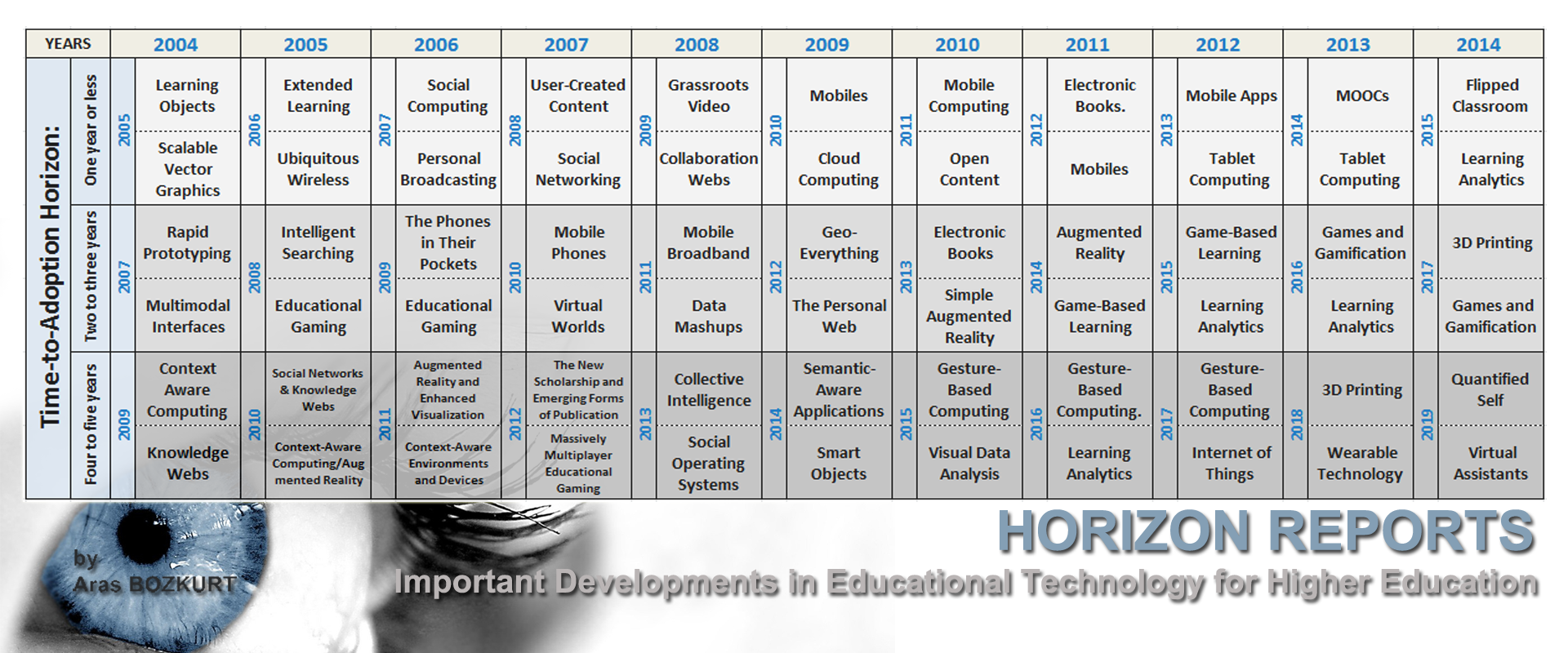SCSU Tech Survey
2015.02.13 ITS TechFeeSurvey2014 Presentation
Q14 What technology devices you currently own?
Q15 What technology devices do you plan to purchase in the next year?
Q17 How often do you use the following programs and services?
Digital Literacy for St. Cloud State University
2015.02.13 ITS TechFeeSurvey2014 Presentation
Q14 What technology devices you currently own?
Q15 What technology devices do you plan to purchase in the next year?
Q17 How often do you use the following programs and services?
Explore social media sites to find out what is the most pertinent “talk” in your scientific community. What are the latest trends and discussions, topics of research and interests. Most prominent social media sites, such as
LinkedIn, https://www.linkedin.com/
Twitter, https://twitter.com/
Facebook, https://www.facebook.com/
Pinterest https://www.pinterest.com/
Instagram, http://instagram.com/
use hashtags.
LinkedIn has “professional groups.”
Identify your hashtag strategy similarly to your keyword strategy when searching peer-reviewed articles
E.g., if your interest is #principalship, you can seek channels and conversations by using it as a hashtag
Search and subscribe to LinkedIn “Interests/Groups” and lurk or actively participate in the conversations.
Consider start and maintenance of your own blog with your daily reflections on your research progress
E.g., LinkedIn can be very much used as a blog, although you can subscribe for a free one such as Edublog
p. 141. Chapter 8 “Using Social Media in Research.”
Bell, J. (1999). Doing your research project: A guide for first-time researchers in education and social science (3rd ed.). Buckingham [England] ; Philadelphia: Open University Press. (Available on Google and at SCSU Library through ILL)
Crowdsourcing, social networking. Consider the following questions:
the value of social media: Community, Content, Conversations.
Davis III, C.H.F., Deil-Amen, R., Rios-Aguilar, C., & González Canché, M.S. Social media and higher education: A literature review and research directions. Report printed by the University of Arizona and Claremont Graduate University. Accessed January 27, 2015 http://works.bepress.com/hfdavis/2/
http://www.wired.com/2014/03/3-insights-wearable-design-smart-concept-epileptics/
https://gigaom.com/2014/01/16/whats-the-killer-app-for-wearables-think-context/
http://www.fastcodesign.com/1664771/wearable-technology-should-be-simpler-here-are-eight-ideas
https://blog.stcloudstate.edu/ims/?s=wearable
http://theultralinx.com/2013/06/22-beautiful-ios-app-concepts-dribbble.html
PR, N. (2014, August 5). Accenture and Philips announce proof of concept app to show how ALS patients could gain greater control of their lives through brain, voice and eye commands. PR Newswire US.
http://login.libproxy.stcloudstate.edu/login?qurl=http%3a%2f%2fsearch.ebscohost.com%2flogin.aspx%3fdirect%3dtrue%26db%3dpwh%26AN%3d201408050800PR.NEWS.USPR.MM82099%26site%3deds-live%26scope%3dsite
ABI, R. (0002, April). In-vehicle Wearable Integration to Accelerate Convergence; Global Penetration in New Cars to Exceed 90% by 2019, Says ABI Research. Business Wire (English).
P.B. (2003). Is THIS the industry’s next killer app?. Solid State Technology, 46(7), 26.
http://mashable.com/2015/01/19/super-mario-artificial-intelligence/
A team of German researchers has used artificial intelligence to create a “self-aware” version of Super Mario who can respond to verbal commands and automatically play his own game.
Students at the University of Tubingen have used Mario as part of their efforts to find out how the human brain works.
The cognitive modelling unit claim their project has generated “a fully functional program” and “an alive and somewhat intelligent artificial agent”.
http://www.bbc.co.uk/newsbeat/30879456
The most popular approaches today focus on Big Data, or mimicking humansthat already know how to do some task. But sheer mimicry breaks down when one gives a machine new tasks, and, as I explained a few weeks ago, Big Data approaches tend to excel at finding correlations without necessarily being able to induce the rules of the game. If Big Data alone is not a powerful enough tool to induce a strategy in a complex but well-defined game like chess, then that’s a problem, since the real world is vastly more open-ended, and considerably more complicated.
http://www.newyorker.com/tech/elements/can-super-mario-save-artificial-intelligence
Use social media sites for audio with learning goals in mind? No problem, contribute to this blog entry…
http://forum.holyculture.net/showthread.php?63700-NOISETRADE-vs-BANDCAMP-vs-SOUNDCLOUD-vs-Whoever
http://doughnutmag.com/tutorials/music-promotion/bandcamp-vs-reverbnation-vs-soundcloud-part-three/
http://readwrite.com/2012/01/03/lessons-learned-from-noisetrad
When it comes to downloading digital music, there is free and then there is legal, but seldom can you have both from the same site, and make money too.
bibliography and research
http://scottnicholson.com/pubs/index.html
Playing in the Past: A History of Games, Toys, and Puzzles in North American Libraries
Author(s): Scott Nicholson
Source: The Library Quarterly, Vol. 83, No. 4 (October 2013), pp. 341-361
Published by: The University of Chicago Press
Stable URL: http://www.jstor.org/stable/10.1086/671913
p. 357 Another upcoming area of gaming in libraries is gamification. Gamification is the application of game design elements to a nongame setting ðDeterding et al. 2011Þ.
————————————-
Nicholson, S. (2013, June). Exploring Gamification Techniques for Classroom Management. Paper Presented at Games+Learning+Society 9.0, Madison, WI
The concept of meaningful gamification is that the primary use of game layers is not to provide
external rewards, but rather to help participants find a deeper connection to the underyling topic
——————————-
More on games in education in this blog
https://blog.stcloudstate.edu/ims/?s=games
http://www.edudemic.com/instagrok-an-education-search-engine-for-students
instaGrok is a next-generation research engine intended for academic settings to allow students to research any subject and see results in an interactive concept map, or “grok.” The grok features key facts, concepts and their relationships, images, videos, quizzes, and a glossary. Students can pin the information that they want to use to their grok and keep a bibliography or research notes in an integrated journal.
What makes instaGrok indispensable to teachers is its ability to facilitate self-directed learning of several critical skills, including researching and integrating discrete concepts.
My note: App for Android and iOS tablets is NOT available for smartphones and iTouch
https://twitter.com/ARASBOZKURT/status/550686895404228609/photo/1

